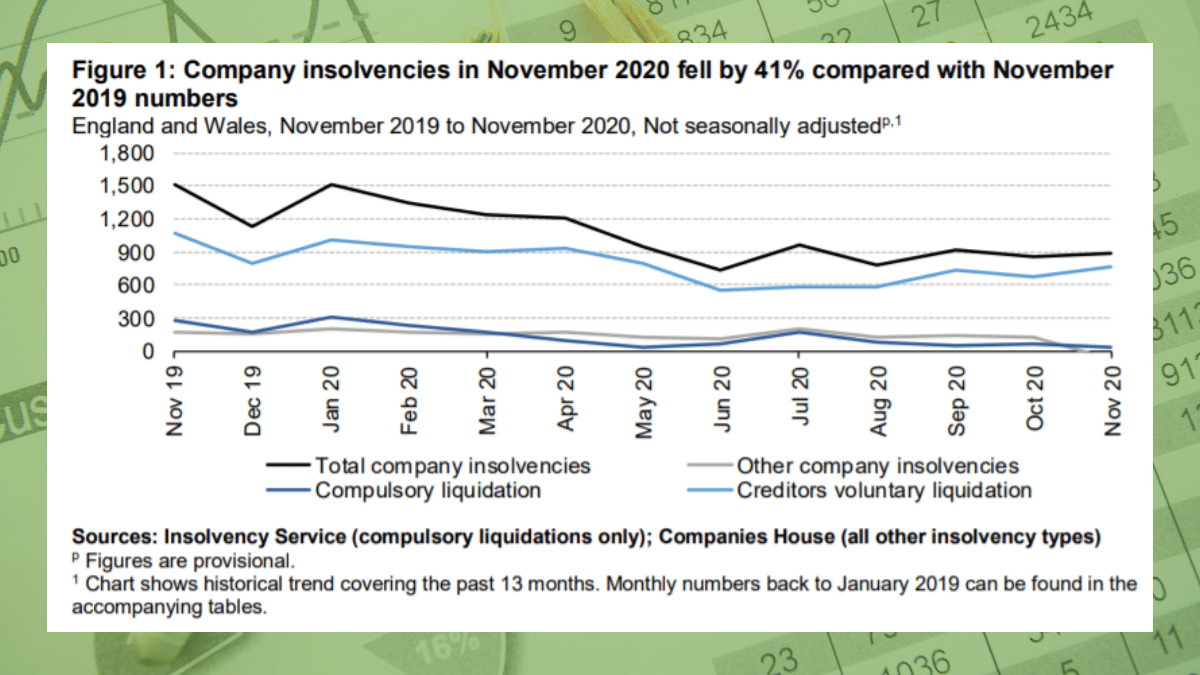An Unbiased View of Insolvency Practitioner
An Unbiased View of Insolvency Practitioner
Blog Article
The Insolvency Practitioner Ideas
Table of ContentsNot known Facts About Insolvency PractitionerThe Single Strategy To Use For Insolvency PractitionerInsolvency Practitioner Fundamentals ExplainedInsolvency Practitioner - QuestionsFascination About Insolvency PractitionerNot known Facts About Insolvency PractitionerThe 4-Minute Rule for Insolvency Practitioner
Bankruptcy is the procedure whereby a firm is ended up and its possessions are sold off to pay financial institutions. This is normally the last resource, as it can have a really unfavorable result on the company's track record. Receivership happens when a firm is unable to pay its financial obligations and is placed under the control of an external administrator.Voluntary management resembles receivership, but it is initiated by the directors of the firm instead than the creditors. This option is frequently utilized when a company is dealing with monetary troubles yet there is still wish that it can be reversed. Corporate insolvency is a complicated and major problem that can have significant ramifications for companies of all sizes.
How Insolvency Practitioner can Save You Time, Stress, and Money.
With the right aid, you can make certain that your service has the very best chance of weathering this challenging time.

Take treatment of your staff members As an employer, you require to keep an eye on and give support to your staff members during this demanding time. Be mindful of any type of possible wellness and wellness concerns they may experience because of: task insecuritytransitioning through the sale of the businesschange in proprietors. You can: There are extensively 2 situations in which you would voluntarily shut your company.
The smart Trick of Insolvency Practitioner That Nobody is Talking About
You also: don't desire to, or can not, sell the businesshave no-one to take it over. You're likely to have time to prepare your closure. This will certainly assist you to: close efficientlymeet your legal obligationssave moneytake away maximum revenues. You could be shutting your company since: it's not covering its expenses and running costsyou can not sustain the operating expenses while attempting to sell it.
This may avoid you from coming to be insolvent or bankrupt, and assist you to leave the service with no long-lasting effects. There are numerous points you require to deal with prior to closing your organization. It is very important to have a departure technique. Your accounting professional, lawyer or organization consultant will certainly have the ability to assist you with this.

The Only Guide to Insolvency Practitioner
You have to settle all tax concerns for your service, even if it's no more trading. This includes your responsibilities relating to payment of: additional benefit taxpay-as-you-go (PAYG)superannuationemployment termination. Find out more about these commitments to staff members. You'll likewise need to cancel your employees' settlement plan by complying with instructions on page 4 of the WorkCover recognizing your employees' settlement crash insurance plan (PDF, 828KB).
Bankruptcy occurs when your organization can not pay its financial obligations, which can result in your business shutting down. Different bankruptcy procedures apply to people and companies.
If you attempt to deal with it on your own, you'll require to interact with every financial institution individually to attempt to work out routine settlement amounts. Insolvency or personal bankruptcy advisors can: assistance you through the processhelp you comprehend your optionsnegotiate with your financial institutions on your behalf. They hold certain permits and qualifications in this specialist area.
The 10-Minute Rule for Insolvency Practitioner
It's crucial to acknowledge monetary problem early so you can look at methods to prevent insolvency. You must also be mindful of financial institutions placing enquiries or defaults versus your credit scores file.

Financial obligation agreements, also called a Component IX contract, permits you, or the appointed administrator, to discuss with your financial institutions to pay a percentage of the consolidated financial debts over a duration of time to your administrator, instead of trying to continue making repayments per financial institution. There are certain thresholds for the value of view it financial obligation, residential or commercial property and earnings that you have to drop under to be eligible for a Part IX debt contract.
Facts About Insolvency Practitioner Uncovered
Company bankruptcy and liquidation An 'financially troubled company' is not able to pay its financial obligations or cover the cost of its expenses. In some circumstances, insolvent business may enter into liquidation. Liquidation is when an independent licensed liquidator is designated to take control over the company and end up the firm business in an organized method.
As kept in mind in the Intro, while the report shares specific preferences with respect to several of the more crucial of these choices, it does not try to establish standards in this complex area. Moreover, it might require to be updated in the future to take into consideration growths in this field.
The Definitive Guide for Insolvency Practitioner
Sonia Piccinini committed substantial effort and time in the prep work of this magazine. The views revealed in the record are those of the IMF's Legal Division and should not be credited to the Executive Directors or the Administration of the IMF (Insolvency Practitioner). FRANOIS GIANVITI Recent experience has actually demonstrated the degree to which the absence of organized and efficient insolvency treatments can worsen financial and monetary crises
Report this page